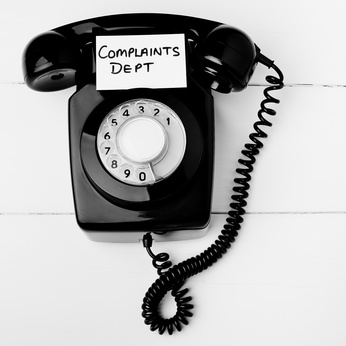If you peek behind the writer’s curtain on November 1st, you’ll see novelists and novelist-wannabes around the world plopping down in front of their writing devices to begin the tortuous task of writing a 50,000-world novel in thirty days. This amounts to 1,667 words per day, or approximately seven double-spaced pages.
Why do they do this?
Because of the challenge.
Because they are writers.
Because it’s National Novel Writing Month. Otherwise known as NaNoWriMo.
I have participated in this excruciating yet exhilarating task four times. I have “won” three times. To “win” means to write at least 50,000 words by November 30, email it to NaNoWriMo headquarters before the stroke of midnight, and receive in return a nifty graphic that flashes “YOU’RE A WINNER!” in bold letters on your computer screen.
For this, I sacrificed good posture, balanced meals, social activity, sleep, and any semblance of life beyond the day job and the writing of my novel.
Or rather, novella.
Let’s be honest. What you’ll end up with is less of a novel, and more of a work in progress.
To be revised.
And revised.
And revised.
Or stashed away in a cardboard box to be revised at a much later time.
Don’t let that stop you! On November 1, open your laptop, or set out your pen and pad, and get ready to embark on an amazing journey of your imagination.
As a seasoned NaNoWriMo finalist, I offer ten tips to get you to “The End” that I learned from my experience.
1. The inner editor must go. Send the persnickety one on a vacation. If he (mine is definitely a “he”) refuses to leave, then write before he wakes up. Write quickly, so he can’t keep up if he’s leaning over your shoulder emitting noxious fumes. Do not pay attention if he leaps out of the closet and yells, “plot flaw!,” or whispers “your writing stinks” in your ear when you’re sleeping. Just lock him up again.
2. Stock up on treats to keep you fueled. Or coerce your family into providing them. My mother sent a weekly care package of power bars, dried fruit, and trail mix in an old Jif Peanut Butter jar. The jar held a place of honor next to my laptop.
3. Every word counts. If you misspell a word, do not backspace to correct it. If you write garbage, do not delete it. If you can’t think of the right word to use, type a stream of words, and if none of them work, type FILL IN LATER which is three more words to add to your daily quota. If you write a scene and think of a better way to write it, write it again immediately. You can quickly italicize the weak scene so you know to cut it later. Trust me…if you backspace, your novel will flatline. Keep the heart beating in the piece and power on.
4. Everything you encounter, dream, overhear, or recall is fodder for your story. Be open to these nuggets. The overweight man stepping out of an SUV will appear in the novel. You’ll notice the details: red sports cap, lumbering gate. The waitress with an attitude who serves you tuna salad for lunch will be your villain. You’ll wonder what drives people to behave that way. You’ll develop a novelist’s eye, a novelist’s mindset. You’ll gobble up details and turn them into a waking dream. It’s like making bean muck—opening the pantry and taking out a can of beans, a can of corn, a can of tomatoes, a carton of broth—whatever is on hand to fill the pot, adding a handful of cheese from the fridge. Sounds awful, but it all comes together in a weird way.
5. Stay the course, but don’t fret if you wind up elsewhere. You will find yourself, somewhere around week three, veering off your plotted course. Don’t beat yourself up. Even Frank Sinatra veered. I saw him perform live, back when he was alive. He sang the classic “My Way” by Paul Anka, and at one point, he went his way, and the orchestra went another. Ol’ Blue Eyes meandered ’round the stage while the orchestra played gamely on and Sinatra’s bodyguards flexed their muscles. Eventually, he found his way again. You will, too.
6. Your characters will take over. You can rein them back in, or let them take the lead. I say go with the flow. It will lead you to unexpected rewards. Remember: you can fix anything in the rewrite.
7. Ideas will come to you in the shower. You’ll turn on the faucet and ideas will pour out. My advice: don’t power down your computer until after your shower, so you can quickly capture these thoughts.
8. Move your body! Sitting for hours takes a physical toll. Be sure to get up now and then to stretch, squat, or walk around the block. Otherwise, when December 1st rolls around, you’ll be permanently hunched, blinking at the sun’s glare when you step outside.
9. Trust that the words will come. Relax. The Muse will provide. And a nifty byproduct of all this wordsmithing is that it will improve your communication skills. Words will bubble up, and you’ll find yourself entertaining your coworkers, friends and family with stories, anecdotes and jokes. Milk it. You’ll be your boring self again come December. But you’ll be a novelist.
10. Celebrate your growth as a writer. On the final third of this marathon writing madness you will find your writer’s voice. It’s a beautiful thing. Honor it. Treasure it. And celebrate.


